African Continental Free Trade Area (ACFTA) and the rest of us by Odogwu Emeka Odogwu, PhD

Cornucopia by Odogwu Emeka Odogwu
Last week, second week of August 2019, Nigerian stocks were bearish and slumped further, as investors lose N157 Billion, but, let it be a topic for another day. Let me hazard my opinion on the issues at stake.
Talk about free zones and you hear of ‘free export zones’, ‘industrial free zones’, ‘investment promotion zones’, to mention but a few.
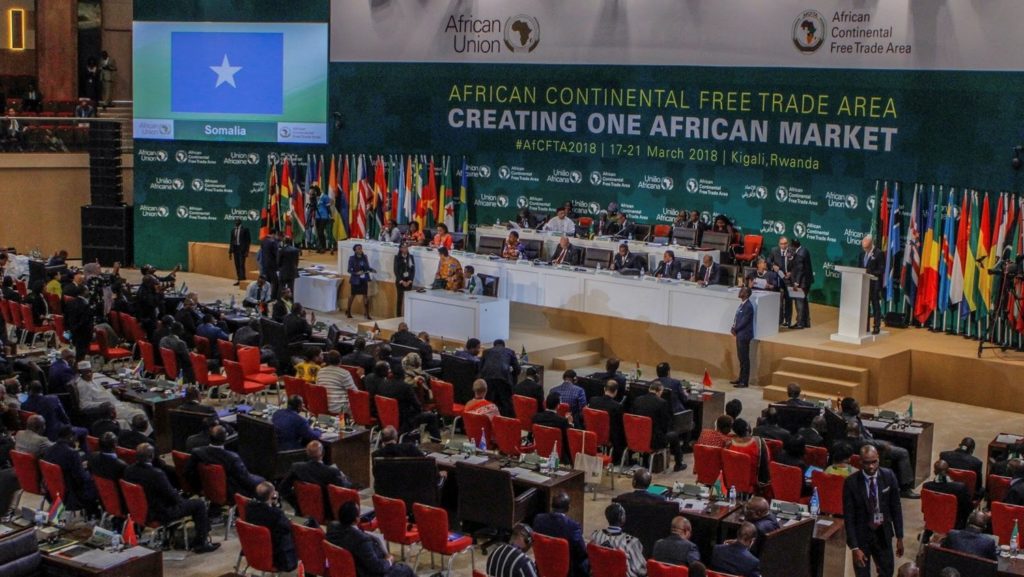
Free zones exist to maximize opportunities in manufacturing, legal system an economic regulations by enjoying reduced taxes, customs duties, as well as regulatory requirements for business registration. Free zones foster economic activity and employment in special ways.
As far back as 1960, the European Free Trade Association (EFTA), a regional Trade Organization by those who lost out from European communities. Though now it is only four countries (Iceland, Norway, Switzerland and Liechtenstein) that remained because other countries have joined the Communities/EU.
If not for European Single market, there is no major benefit of trading in the European Union (EU). European single market is the largest international single market in the world with greater competition in services and removes trade barriers.
There was European Economic Area (EEA) in 1992 which enables the extension of the European Union (EU)’s single market to non-EU member parties.
Talk about the ASEAN–China Free Trade Area, or China–ASEAN Free Trade Area for ten member states of the Association of Southeast Asian Nations and the People’s Republic of China But which one is for Africa? African Continental Free Trade Area (ACFTA)! ACFTA, modelled in form of EFTA and ASEAN was a brainchild of the African Union to deepen regional integration. Since January 2012, it has been work in progress, and Nigeria is one of its major promoters.
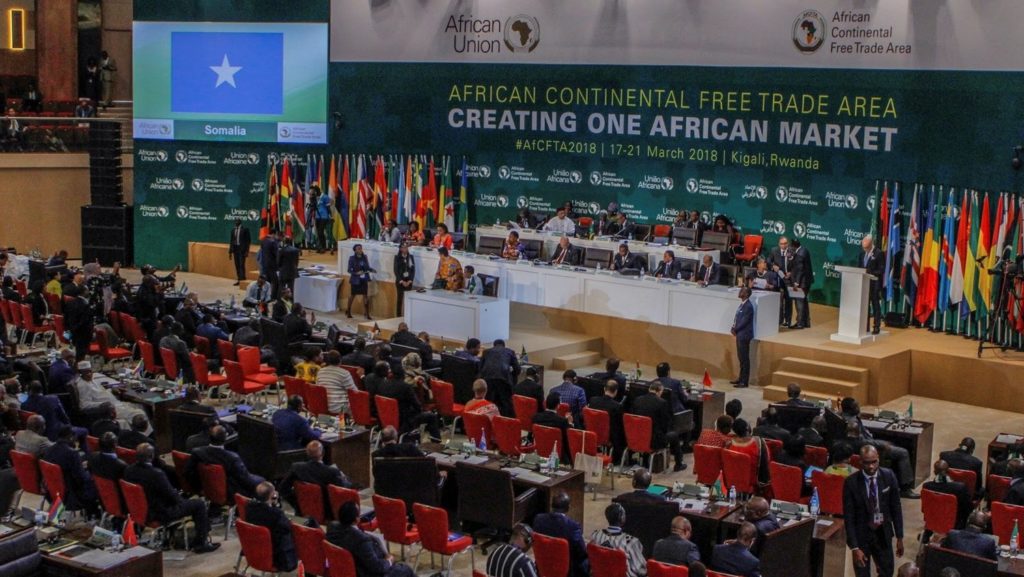
In Africa, labour unions and big corporations reportedly were against it. Former Nigeria’s trade and investment Minister, Okechukwu Enelamah admitted that there was a continuous opposition to the deal, but he added that efforts were afoot to get the buy-in of all the stakeholders before the signing.
Last AU summit in Niamey, Niger was grand. That was the signing of the newest trade bloc with headquarters in Accra, Ghana. That was the African Continental Free Trade Area, (ACFTA). That ‘game changer’ event, according to IMF, brought together national leaders and corporations.
ACFTA’s goal is to create the world’s biggest free-trade bloc, with population of 1.3 billion people and a $3.4 trillion market. Of the 55 African nations, Eritrea is the only country yet to sign the accord, even though only 25 nations ratified it.
Where is Nigeria in all of this? Are there land mines ahead? Nigeria’s President Muhammadu Buhari after some hesitations signed the accord.
Soon tariffs would be reduced or eliminated. In Africa, there are blocs, including the 12-nation Economic Community of West African States and the East African Community. Before now, each bloc was protective of its local manufacturing at the expense of other blocs, but now these interests would be reconciled for ACFTA to work.
Of what benefit would this be to Nigeria? Is the lowering or removal of tariff going to be beneficial to Nigeria’s foreign policy? Is it going to encourage specialization and enhance economic efficiency for Nigerian companies and experts? Is Nigeria’s cost of import going to be lowered and its exports increased? Is there going to be healthy competition between member states on products they have comparative advantage over others and company products thus gain global competitiveness in the world market.
Is ACFTA going to harm the local economy? Why was President Muhammadu Buhari not in Kigali, capital of Rwanda for ACFTA seal? Is ACFTA going to stop hostile and discriminatory treatment against Nigerian businesses and organisations? United Kingdom exploited Nigeria for years as its colonial masters , USA became a destination for Nigeria’s professionals creating a brain drain, and China is heading to Africa with Nigeria, its biggest partner.
I was shocked to hear that the President of Tanzania, Magufuli stopped China’s $10 billion port project at Bagamoyo known as ‘the Bulldozer’ on what he described as ‘exploitative terms’, of the project, even when work started on the project since 2015. It would have become the biggest port in East Africa and a key part of China’s $900bn Belt and Road Initiative. What went wrong?
The Chinese according to Magufuli, wanted Tanzania to give them ‘….a guarantee of 33 years and a lease of 99 years, and we should not question whoever comes to invest there once the port is operational’. He added that the Bagamoyo port would undermine the $500m expansion of the Dar es Salaam port, due for completion this year. What lesson or lessons have we in that to learn?
he Chinese according to Magufuli, wanted Tanzania to give them ‘….a guarantee of 33 years and a lease of 99 years, and we should not question whoever comes to invest there once the port is operational’. He added that the Bagamoyo port would undermine the $500m expansion of the Dar es Salaam port, due for completion this year. What lesson or lessons have we in that to learn?
My worry is why Ghana when Nigeria is the giant of Africa. The Free Trade Zone comes with a new airline hub for Africa. And Ghana takes that. For winning the host, a consortium, CGI will undertake financing of an airline hub in Ghana to serve the Africa free trade zone.
Does Nigeria learn from History? Only but 14 years ago, former Governor Donald Duke of Cross River state began an African Airline hub in Clalabar close to Tinapa, but that got no support from Nigeria’s government and it died. It would have served this need for Africa’s free trade zone. Tinapa too died.
If the air hub for Africa is located in Nigeria, what it means is that Nigeria automatically retains its gateway to the world as every flight abroad, first arrives Nigeria before connecting other African countries. It is shocking if not surprising that before you travel to any other African country, you first travel either to Frankfurt or Amsterdam, then connect to headquarters of the African country, you are headed.
Why is this happening to Nigeria? Was it lack of visionary leadership or myopic reasoning sequel to uneducated and unintelligent leaders?
If America hosts the United Nations headquarters in New York, the World Trade Centre and World Bank, why won’t the ACFTA headquarters be in Nigeria as African’s giant? Why should Nigeria finance and fund ECOWAS, as well as undertake substantial expenses of African Union, but not good enough to host the ACFTA office? Has this any implication to Nigeria’s big brother status? How can Ghana with population of a state in Nigeria, host ACFTA headquarters and African Airbus terminal even when Ghana survives on Nigerians investment? Is Ghana prospering because it opened its doors to 250 Black Americans and offered them automatic citizenship when Nigeria turned them down?
Why didn’t Nigeria give some conditions to be part of ACFTA, like insisting on hosting the ACFTA and African Airhub because of its enormous influence on other African countries? Do you know that about 65 countries offered Visa free entry tickets to holders of Ghananian passports, with South-Africa being the latest? Is it actually visionary leadership or ethnicity, religion, zoning in the name of federal character, with primitive partisanship that is holding us back as a country?
Is Nigeria going to lose money in millions of Dollars for its engagement in the African Continental Free Trade Area (ACFTA) agreement?
Is the Nigeria’s Custom tariff collection going to be affected by this decision of Nigeria to endorse ACFTA? Is there thriving manufacturing sector to benefit from this agreement in Nigeria? Is the National Assembly going to endorse its ratification? Are Nigerian banks ready to support the manufacturing lines with good lending rates to enable them grow production? Is the government going to embark on infrastructure upgrade and curtail multiple taxation which was responsible for hundreds of companies folding up in Nigeria’s harsh operating environment? Can Nigerian products compete favourably with other African countries? Too many questions begging for answers.
Trade bloc of 1.2 billion people with a combined gross domestic product (GDP) of more than $2 trillion isn’t a child’s play, but if countries liberalise services, remove tariffs on 90 per cent of goods, how would they pay their bills? What could be done to ensure local consumption is satisfied and there is enough quality products for export to maximize the ACFTA? Has the African Development Bank (AfDB) any role to play? The Senior Director of (AfDB), Regional Office Nigeria, Mr. Ebrima Faal said ACFTA is visible and good omen for Nigeria as the country is ready.
He was quoted as saying: “Africa is ready and Nigeria is ready. The investment landscape is promising, and it is time to put our money where our mouth is. Permit me to tell you why.
“The rate of return on foreign investment is higher in Africa than any other developing region – 9.3% and still growing; Africa continues to demonstrate economic resilience with an expected GDP growth of 4% in 2019, signifying growth above expectation.
“The Africa Investment Forum offers a unique opportunity to exhaust numerous options for sound, innovative, and economically viable growth for the continent and especially for Nigeria. Even with gross international reserves of about $45 billion and a pension fund of about N8 trillion, Nigeria will need a considerable amount of private finance to bridge its cumulative infrastructural needs of about $3 trillion by 2024. The time for bridging this gap is now,” said Mr. Ebrima Faal.
The treaty establishing the African Economic Community was signed in Abuja in 1991. It is believed that ACFTA will eliminate challenges of security, corruption among others but with a strong buy-in of the private sector and civil society stakeholders as well as the public in general.
AfDB has embarked on extensive sensitization to ensure a buy in of domestic stakeholders on the ACFTA as it is going to be a platform for African manufacturers of goods and providers of services to form regional value chains for made in Africa goods and services.
The Executive Director of Nigerian Export Promotion Council (NEPC), Mr Segun Awolowo, validated the preparedness for ACFTA as Nigeria pries itself with 22 non-oil sector products, identified by the Federal Government for export, worth about $30,000bn yearly.
Manufacturers Association of Nigeria (MAN) insisted that they would not support Federal Government’s adoption and ratification of ACFTA unless issues of market access and enforcement of rules of origin, among other concerns, are addressed.
Probably, their stand point was as a result of lack of consultation and non-inclusion of inputs of key stakeholders before Nigeria’s position was presented at the meetings of the African Union-Technical Working Group on CFTA in the build-up to the negotiations.
MAN stated that the issues of market access that allowed only 10 per cent of products to be protected as well as government’s mechanism for enforcement of rules of origin should be defined before local producers could support the agreement.
The National Assembly while commending President Mohammadu Buhari pointed out that electricity, good roads and sources of raw materials should be looked into for ACFTA to succeed. The Senate urged the Federal Government to improve the state of the nation’s industry and infrastructure to pave way for the smooth operation of African Continental Free Trade Area, (ACFTA).
Senate’s motion sponsored by Sen. Jubrin Barau (APC-Kano) had 44 others in support, as Barau expressed hope that Nigerians would benefit largely from the gains of the agreement. Though the Senate advised the federal government to be the main driving force for the success of the mission and vision of the agreement, it’s too late to ask for peace when the head is off.
Already, the Federal Government has set up a National Action Committee (NAC), for implementation of ACFTA agreement, comprising of representatives of ministries and agencies with competent and relevant jurisdiction as well as selected stakeholders from the private sector and Civil Society to coordinate. Only time will tell what benefits (ACFTA) brings in to the rest of us as Nigerians.
Cornucopia is a weekly column of Odogwu Emeka Odogwu, PhD
Odogwu is a known Journalist, Editor, Media Consultant and famous Blogger, as well as Social Media Entrepreneur, Publisher and Conversationalist @ www.odogwublog.com among others.
Phone Number: 08060750240
E-mail : [email protected]



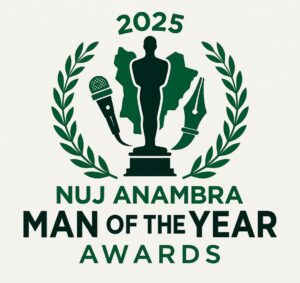


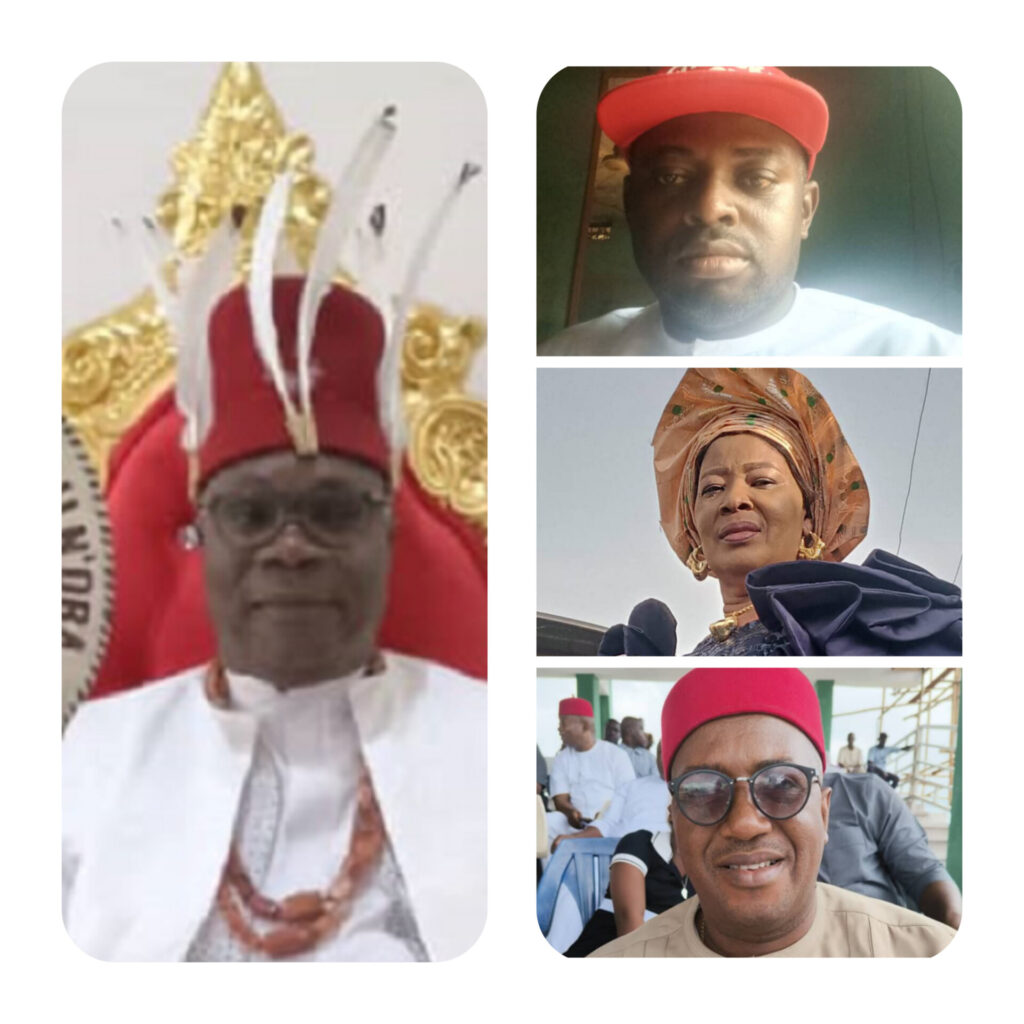
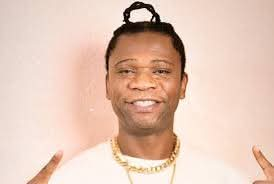


63 thoughts on “African Continental Free Trade Area (ACFTA) and the rest of us by Odogwu Emeka Odogwu, PhD”